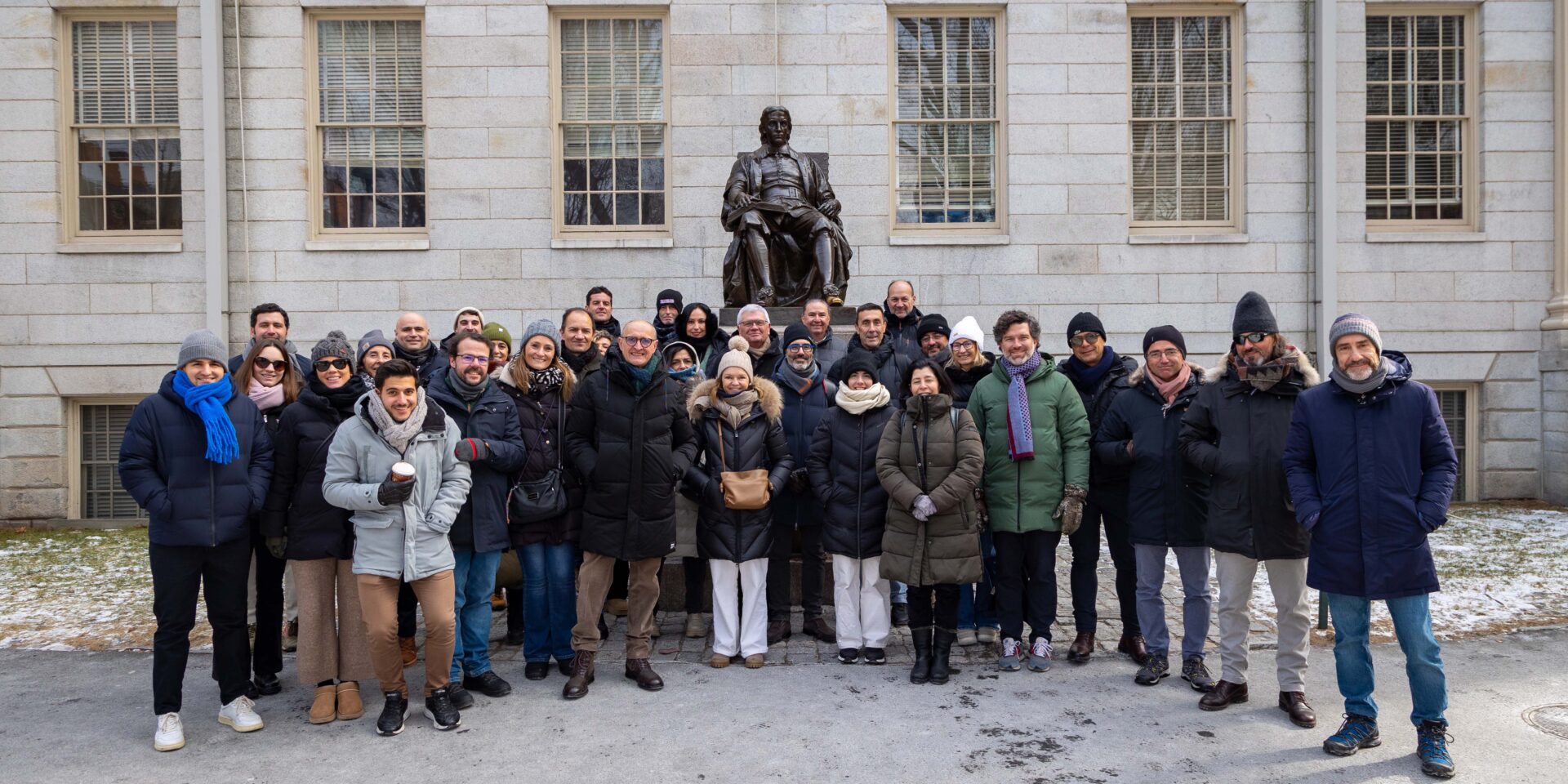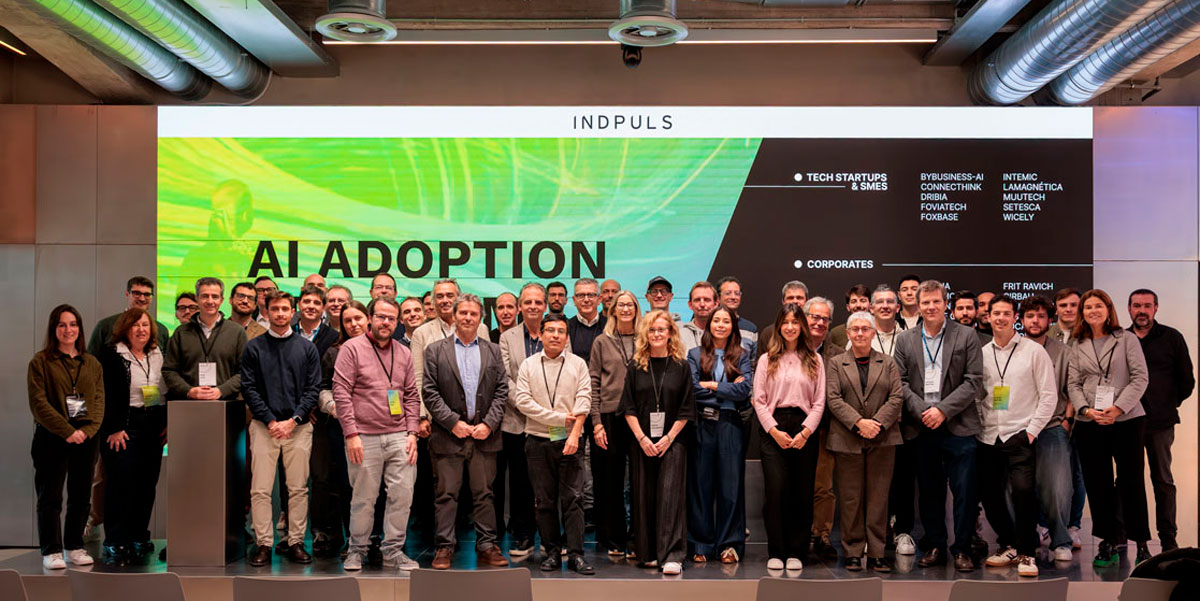Innovation in Management: Towards a European Management, by Xavier Marcet.


European management innovation has become a fundamental pillar for companies to face the challenges of today’s business environment. In an increasingly competitive and constantly changing world, the ability to adapt and evolve is not just a desire but a necessity to survive and thrive. Xavier Marcet, president of Lead to Change and partner at INDPULS, shared his vision on how organizations can maintain their relevance in this environment during his conference on Innovation in Management as part of our Innovation event at SWITCH, the new global corporate headquarters of SIMON.
Singularity as the Goal of Management
According to Marcet, management’s primary goal is to achieve profitable singularity. This concept refers to the ability of companies to differentiate themselves in the market significantly, something that is vital for both large corporations and startups. While startups constantly search for this singularity, corporations face the challenge of not losing it along the way. In this context, singularity should not be considered a luxury but a sine qua noncondition for survival and success.
The focus on singularity is what differentiates organizations that thrive from those that stagnate. Companies that manage to stay at the forefront are those that evolve alongside their customers, adapting to their expectations and future needs.
As Xavier Marcet states, “It is vital to evolve with customers; if you do not adapt to the future they expect, others will do it for you.” This principle underscores the importance of flexibility and adaptability in business strategy.
Innovation in Management: An Imperative.
Innovation in management is not just about adopting new technologies or methodologies; it lies deeply in the capacity of people to think critically and creatively. In a world where thought is the engine of innovation, “thought workers” become the key players in taking organizations to the next level. These workers are those who not only fulfill their tasks but also question, challenge, and propose new ways of doing things.
- Marcet identifies 4 major challenges that require constant innovation in management:
- Debureaucratization of companies: Bureaucracy, often seen as a necessary evil, can stifle creativity and organizational agility. Companies must find ways to simplify processes and reduce bureaucratic burdens to unleash the creative potential of their employees.
- Balancing productivity with favorable working conditions: In a world where work demands are increasingly high, it is crucial to find a balance between efficiency and employee well-being. Companies must create environments where productivity is not at odds with job satisfaction.
- Providing corporate value and social regeneration: Organizations have the responsibility to generate value not only for their shareholders but also for society at large. This value must be tangible and aligned with the principles of sustainability and social responsibility.
- New work organization and organizational culture: The way we work is changing rapidly, and companies must be prepared to adapt to this transformation. Organizational culture should reflect this new reality, promoting collaboration, flexibility, and innovation.
Humanocracy: A Path towards Debureaucratization.

To address these challenges, Xavier Marcet recommends reading “Humanocracy” by Gary Hamel. This book offers an incisive critique of the bureaucracy that limits creativity and initiative within organizations. Hamel proposes a business model that is as bold, entrepreneurial, and agile as change itself—a model that Marcet considers essential to face the challenges of contemporary management.






